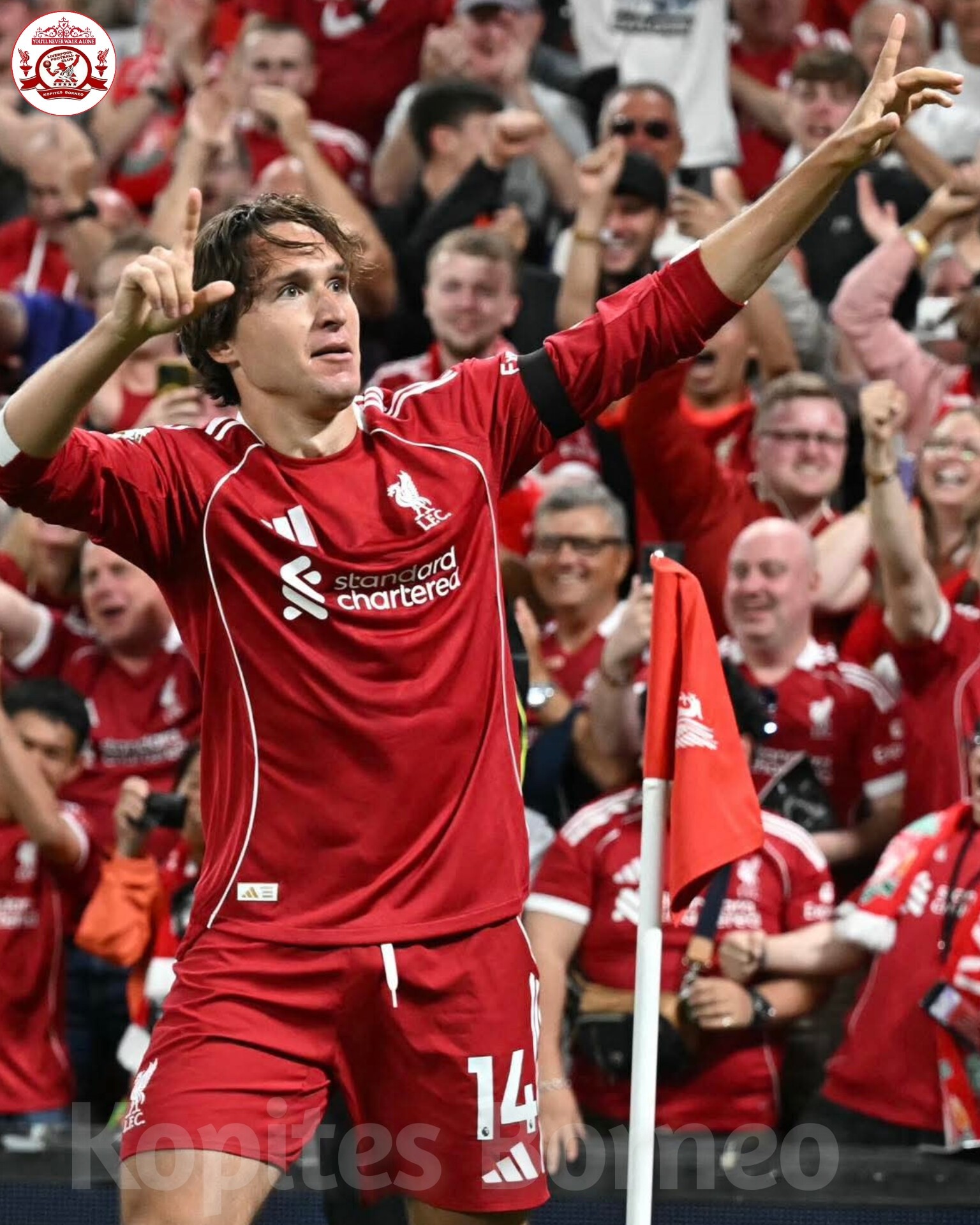Sport
When Football Stops: The Moment Antoine Semenyo Said “No More”

The return of the Premier League was supposed to be a moment of joy, filled with excitement, noise, and the kind of atmosphere that only English football can provide. Yet, in the 28th minute at Anfield, that joy was abruptly interrupted. Football itself seemed to stop, not for a serious injury, not for the delay of technology, but for something far more sinister – the ugly stain of racism.
Inside the famous ground, where more than 53,000 fans had gathered to watch Liverpool take on Bournemouth, the energy shifted in an instant. Referee Anthony Taylor halted the game and walked over to Antoine Semenyo, the Ghanaian international. Reports soon filtered through: Semenyo had been subjected to racist abuse from the stands. What should have been a celebration of football became a sobering reminder of an issue the sport has long struggled to eradicate.
For a couple of minutes, Anfield fell into silence. Players, coaches, and fans were forced to confront the reality of what had happened. The brief stoppage was powerful in its simplicity – a moment that sent a clear message: racism cannot be ignored. It was a pause that carried weight, one that reminded everyone present that football is more than goals and tactics; it is about dignity, respect, and the shared values that should unite rather than divide.
What made the incident even more striking was how Semenyo responded. Instead of allowing the abuse to define his night, he turned it into fuel. With extraordinary mental strength, he delivered on the pitch, scoring both of Bournemouth’s goals in a thrilling 4-2 contest. His actions spoke louder than any insult could. The very player targeted rose above the hatred and became the star of the match.
Bournemouth captain Adam Smith admitted his amazement at his teammate’s composure. “I don’t know how Ant’s played on, to be honest, and come up with those goals,” Smith reflected after the game. His words carried both admiration and disbelief, underlining the sheer emotional burden Semenyo carried while still managing to shine on one of football’s biggest stages.
The way the incident was handled also showed the progress football has made in recent years. Referee Taylor consulted both managers and captains, ensuring the event was documented and addressed. The swift communication and structured approach revealed a system now better equipped to protect players in such moments. Yet, it was not the official protocols alone that stood out; it was the human reaction – teammates running to Semenyo’s side, Liverpool players showing solidarity, and fans condemning the abuser.
Bournemouth manager Andoni Iraola voiced his frustration in the aftermath. “It’s a shame because it was a really great game of football, the first of the season, and instead we’re still talking about this,” he said. His words cut to the heart of the matter: football wants to move forward, but racism continues to drag it back into the shadows.
In the days following the match, authorities were quick to issue statements of condemnation. Technology and vigilance soon identified the individual responsible, proving that accountability is possible when clubs and officials act decisively. But the bigger challenge remains – how does football, and society at large, build an environment where players never have to choose between speaking out and simply getting on with the game?
For Semenyo, the night will always be remembered for more than goals. His courage turned a moment of hate into one of defiance and resilience. Yet it remains tragic that his brilliance on the pitch was forced to share the spotlight with racism. The hope now is that his response inspires others to take a stand, to reject ignorance, and to embrace the values of respect and equality.
This incident was not isolated, nor was it unprecedented. It was another reminder of football’s unfinished battle against discrimination. Campaigns, banners, and slogans have carried the message for years, but as Anfield proved, more work needs to be done.
On that Friday night, Antoine Semenyo did more than play football. He carried the fight for equality on his shoulders, proving that talent, dignity, and resilience will always outshine hatred. His goals may have won Bournemouth applause, but his example gave the game something far greater – a reason to keep fighting until football truly belongs to everyone.

 Sport12 months ago
Sport12 months ago“I’m not trying to criticize Ancelotti, but I’m not happy with him for benching that player”: Bellingham Expresses Frustration Over Ancelotti’s Tactical Decision

 Sport12 months ago
Sport12 months agoBREAKING: Manchester City vs Liverpool Clash Cancelled! Title Race Takes a Twist

 Sport12 months ago
Sport12 months agoArsenal Poised for January Swoop on €70 Million Star Dusan Vlahovic

 Sport12 months ago
Sport12 months agoWHAT ON GOD’S GREEN EARTH DID WE JUST SEE?!

 Sport12 months ago
Sport12 months agoReal Madrid: Carlo Ancelotti’s Surprising Revelations About an Unexpected Quality of Vinicius

 Sport12 months ago
Sport12 months agoBREAKING: Arsenal’s Champions League Quarterfinal Opponent Revealed After Monaco’s Dramatic Win – Tough Challenges Await Arteta’s Men

 Sport12 months ago
Sport12 months agoChelsea Players Facing Suspension as Yellow Cards Mount

 Sport12 months ago
Sport12 months agoKey Arsenal Player Set for Return as Gunners Face Struggling Everton
















